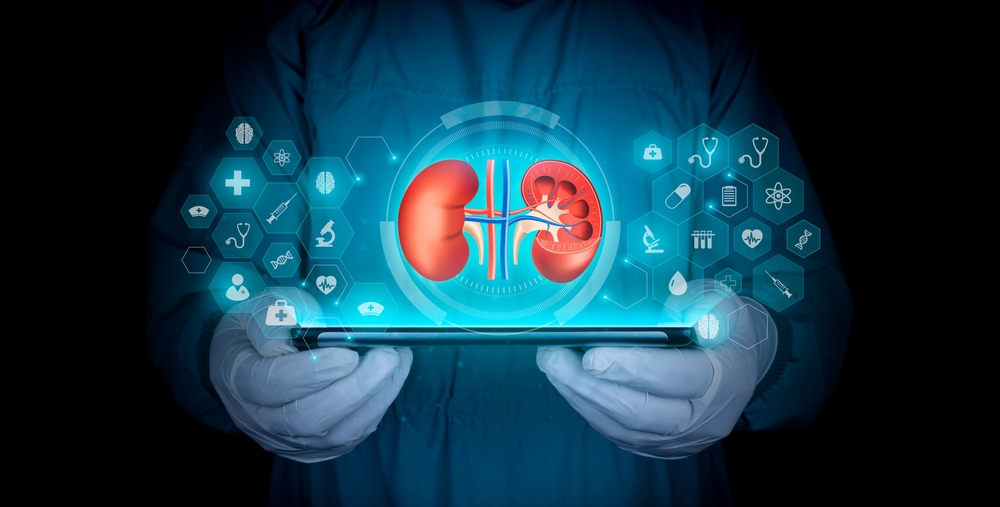Nephrology, the branch of medicine that deals with kidney care, has seen remarkable advancements in recent years. These innovations have revolutionized how kidney diseases are treated, diagnosed, and managed. From novel drug therapies to innovative dialysis techniques, the field continues to progress with the goal of improving outcomes for patients with kidney disease.
Personalized Medicine for Kidney Disease
One of the most promising areas of nephrology is personalized medicine. With the advancements in genetic research, we are now able to tailor treatments to individual patients based on their genetic makeup. This approach allows for a better understanding of how certain medications might work for specific people, improving efficacy and reducing side effects. By focusing on the patient’s unique genetic profile, nephrologists can better predict disease progression, choose the most effective treatments, and avoid unnecessary drugs.
Key Developments:
- Pharmacogenomics: Identifying genetic factors that influence how patients respond to medications, helping clinicians select the right drug at the right dose.
- Biomarkers for Kidney Disease: Researchers are working on identifying biomarkers that can predict the risk of kidney disease progression and assess treatment response.
New Medications and Therapies
The development of targeted therapies for kidney disease has been another game-changer. Medications that target specific pathways involved in kidney damage are now available or in clinical trials. These therapies have the potential to slow or even halt kidney disease progression, especially in conditions like chronic kidney disease (CKD) and diabetic nephropathy.
Notable Medications:
- SGLT2 Inhibitors: Drugs like empagliflozin and dapagliflozin were initially developed to treat type 2 diabetes, but recent studies have shown they also significantly slow CKD progression and reduce cardiovascular risk in patients with CKD. These drugs work by reducing glucose reabsorption in the kidneys, lowering blood sugar, and reducing kidney stress.
- Finerenone: A new drug for patients with CKD and type 2 diabetes, finerenone works by blocking a specific receptor that contributes to kidney inflammation and fibrosis.
Innovative Dialysis Techniques
Dialysis has long been the standard treatment for patients with end-stage renal disease (ESRD). Advancements in dialysis technology are improving the experience and outcomes for patients.
Developments in Dialysis:
- Wearable Dialysis Devices: Portable devices are being developed that allow patients to receive dialysis while moving around. This provides greater freedom and flexibility for those who previously had to rely on in-center treatments.
- Home Dialysis: There is an increasing push for home-based dialysis, where patients can perform dialysis at home, improving the quality of life for patients.
- Dialysate Solutions: Researchers are exploring new dialysate solutions with better biocompatibility to reduce inflammation and improve the efficiency of dialysis.
Kidney Transplantation Advancements
Advances in kidney transplantation have significantly improved patient outcomes. Notable innovations include:
- Living Donor Programs: Efforts to increase living donor kidney transplants have helped address the shortage of donor organs. Innovations in matching technology are making it easier for patients to find compatible donors.
- Immunosuppressive Drugs: New medications are improving transplant success rates by reducing the risk of organ rejection while minimizing side effects associated with long-term immunosuppressant use.
- Xenotransplantation: Researchers are exploring the use of animal organs (such as pig kidneys) for transplantation into humans, which could help address the organ shortage crisis.
Final Thoughts
The field of nephrology is rapidly evolving, with cutting-edge research and new treatments bringing hope to patients with kidney disease. Whether through personalized medicine or innovative dialysis techniques, the future of kidney care looks brighter than ever. As these treatments continue to develop, they hold the potential to dramatically improve outcomes and quality of life for patients with kidney disease.
Stay informed and take control of your kidney health!




